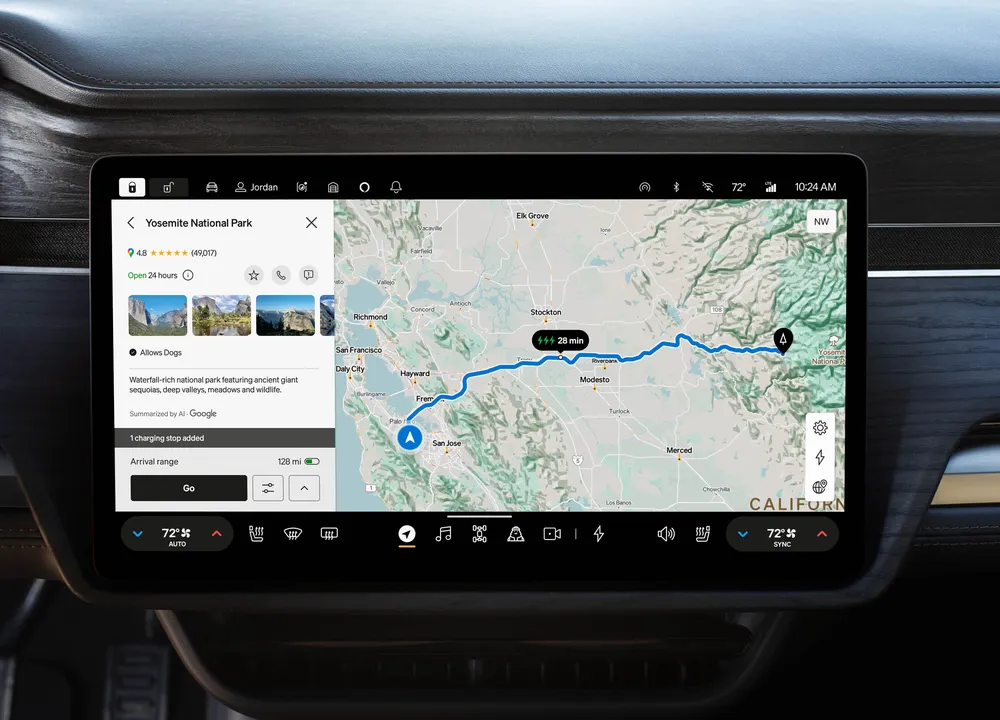Google is making big changes to its mapping services by introducing significant generative AI updates. The company is integrating Gemini AI into Google Maps, Earth, and Waze, aiming to transform how users interact with geospatial information and solve location-based challenges.
Advanced Tools for Developers
The Maps Platform, utilized by over 10 million websites and apps, has introduced a new feature called "grounding with Google Maps." This allows developers to access real-time location data for creating AI-enhanced experiences. By leveraging Maps’ extensive database of 250 million locations, large language models can provide more precise information.
Rivian’s Exciting Integration
Rivian is also getting involved with this cutting-edge technology. Starting next month, they will incorporate Gemini-powered Places API features into their vehicle infotainment systems. This means while you’re on the road, you’ll receive AI-generated summaries of nearby attractions like restaurants, stores, and grocery outlets, improving your driving experience.
A New Era for Urban Planning
In addition, Google Earth is collaborating with Google Research and X to integrate Gemini. This partnership will bring advanced analytical tools for urban development. The system can address complex spatial inquiries and create custom visuals, reducing analysis time from several days to mere minutes. For transportation planners, this tool will help determine optimal locations for new electric vehicle charging stations based on actual demand.
For U.S. Google Maps users on Android and iOS, Gemini AI is enhancing searches with more relevant and contextual results. According to Chris Phillips, VP and General Manager of Geo at Google, it cross-references information from Maps’ database and user reviews to boost accuracy.
New Features and Expansions
They’ve also rolled out some cool new features, like improved route exploration with landmark suggestions, information about parking availability at your destination, and enhanced walking navigation details. Moreover, the immersive view has expanded to over 150 cities globally, with better lane information expected next month.
Waze Joins the AI Revolution
Waze is also getting in on the action. They are incorporating AI-driven natural language processing for reporting road incidents, allowing users to simply speak about road conditions instead of selecting icons. Later this year, the app will begin providing alerts for school zones for both iOS and Android users.


Leave a Reply